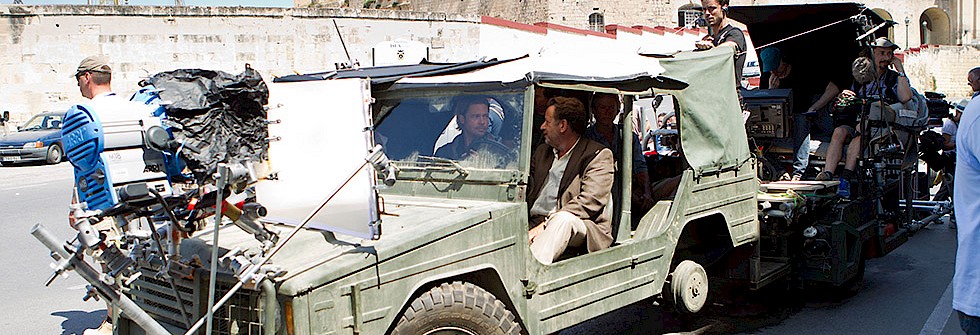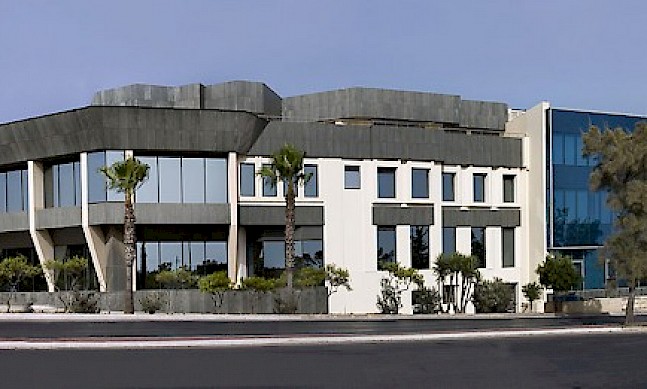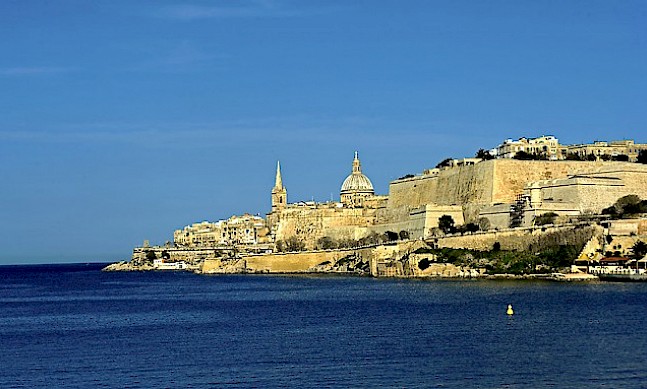The Maltese film industry’s history, centred round three huge water tanks at the Mediterranean Film Studios, has been as turbulent as any of the maritime storms portrayed in movies made there. The government is now seeking investors to upgrade the facility to boost the sector’s income.
Part of the water tank facilities where the films Raise the Titanic, Orca: The Killer Whale and Christopher Columbus were shot almost came to an ignominious end. By 2000, the balance sheet of the complex was so dire that its then boss, Jost Merten, suggested converting the least-used of the three tanks into a fish farm.
Fortunately, the financial tide began to turn three years ago. The Maltese film industry injected €5 million into the economy in 2013 and €29 million in 2014, and is expected to be directly worth €80-100 million by the end of 2015, thanks to the record nine films that are currently being shot. Indirect income through items such as accommodation, and food and drink is triple that amount.
“Financial incentives are an important factor to attract large international productions”
Engelbert Grech Film commissioner of Malta Film Commission
Tweet This“We are working on attracting lower budget films and creating more year-round activity,” said tourism minister Edward Zammit Lewis. The government has asked for an expression of interest to construct, redevelop, maintain, manage and operate the Malta Film Studios. Long-term collaboration plans with the government foresee investment in building sound stages at the 94,000m2 site as well as improving the water facilities. The application deadline is mid-December 2015.
For the long term, the industry needs skilled people as well as scenery, and the Malta Film Commission is itself investing in expanding the skill level and numbers of local production and location managers, assistant directors, camera assistants and special effects supervisors.


 Production of 2013 film World War Z took place in Malta. Photo: World War Z - Jaap Buitendijk
Production of 2013 film World War Z took place in Malta. Photo: World War Z - Jaap Buitendijk







